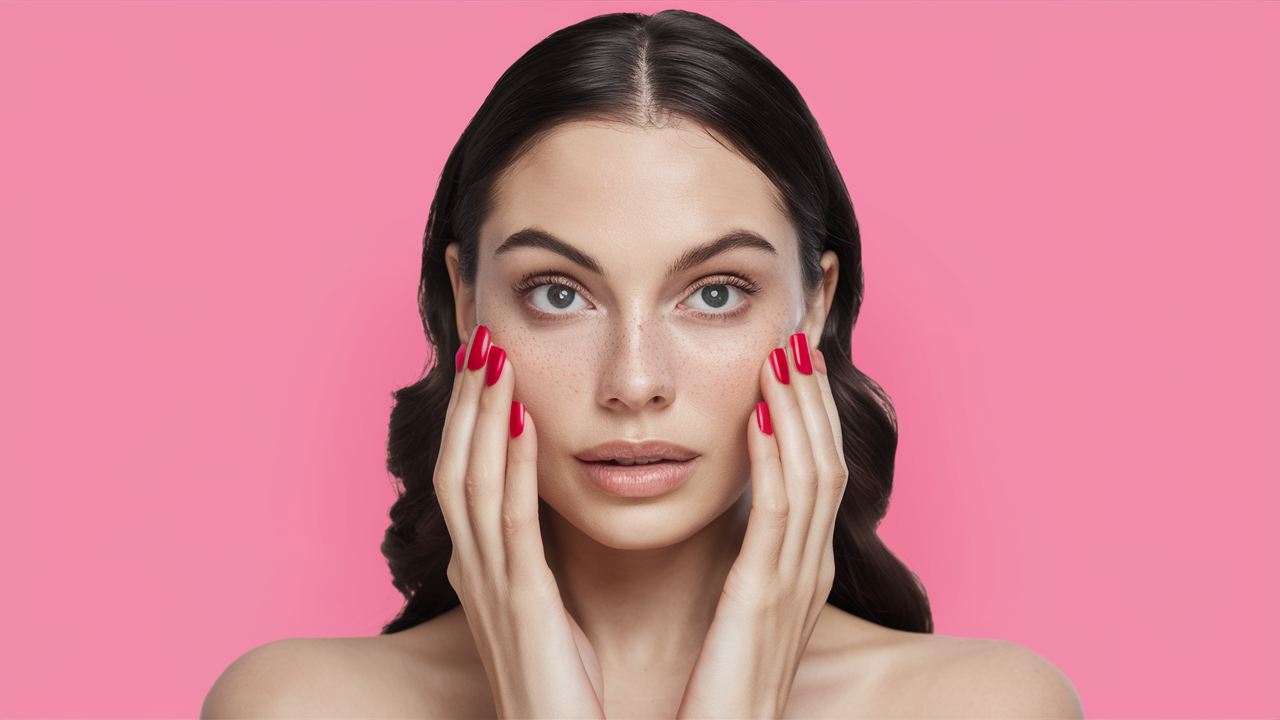Understanding and Treating Hyperpigmentation Across Skin, Hair, and Nails

Melanosis is a common clinical problem that manifests clinically in various sites involving skin, hair, and nails. The purpose of writing this blog is to educate the readers on what actually hyperpigmentation is, the causes of the problem, and how it can be solved.
What is Hyperpigmentation?
The definition of hyperpigmentation is the lifting of color primarily in the skin, hair, or nails due to more production of melanin. It can be in any gender and at any age but may be seen more prominently in people of color. Some of the common categories of hyperpigmentation are age spots, melasma, and post-inflammatory hyperpigmentation.
Causes of Hyperpigmentation
Hyperpigmentation can be caused by various factors:
1. Sun Exposure:
The ultraviolet light radiations in sun can cause the intensity of the pigment melanin in the skin, causing the skin to become dark.
2. Inflammation:
Skin injuries or even acne cause melanin production because of skin repairs itself and produces the pigment.
3. Hormonal Changes:
Melasma has been known to be related to hormones most especially for women, this is usually as a result of pregnancy or use of the pill.
4. Medications:
Some medications can also lead to hyperpigmentation being among the side effects of the drugs that are administered.
5. Medical Conditions:
Certain diseases and metabolic disorders cause alteration in coloration of the skin. .
Hyperpigmentation in Skin
Types of Skin Hyperpigmentation
1. Age Spots (Lentigines):
These are small wrinkles that initially appear as black blotches of skin usually on the face, neck or other parts exposed to the sun.
2. Melasma:
This condition causes hazel or light-brown or gray-brown, macules often on the face.
3. Post-Inflammatory Hyperpigmentation (PIH):
Organic pigmentation that come up after a cut or inflammation on the skin such as acne.
Treatments for Skin Hyperpigmentation
There are several treatment options for skin hyperpigmentation:
1. Topical Treatments:
Creams containing ingredients like hydroquinone, retinoids, and vitamin C can help lighten dark spots.
2. Chemical Peels:
These involve applying a chemical solution to the skin to remove the top layers, promoting new skin growth.
3. Laser Therapy:
This treatment uses focused light to target and break down pigment particles.
4. Microdermabrasion:
A procedure that exfoliates the skin, removing dead skin cells and promoting new skin growth.
Preventing Skin Hyperpigmentation
Preventive measures include:
Using Sunscreen: Applying broad-spectrum sunscreen daily to protect the skin from UV rays.
Avoiding Picking at Skin: Picking or squeezing pimples can lead to PIH.
Using Gentle Skincare Products: Harsh products can irritate the skin and lead to hyperpigmentation.
Hyperpigmentation in Hair
Causes of Hair Hyperpigmentation
Hyperpigmentation in hair is less common but can occur due to:
Hormonal Changes: Hormonal fluctuations can affect hair pigmentation.
Genetics: Some people may naturally have areas of darker hair.
Medical Conditions: Certain health conditions can cause changes in hair color.
Treatments for Hair Hyperpigmentation
Treatments are more limited and may include:
Hair Dye: Using hair dye to even out color.
Medical Treatments: In cases where an underlying condition is causing the pigmentation, treating the condition may help.
Hyperpigmentation in Nails
Causes of Nail Hyperpigmentation
Hyperpigmentation in nails can result from:
Injuries: Trauma to the nails can cause dark streaks.
Medications: Some medications can cause nail discoloration.
Medical Conditions: Conditions like melanoma can lead to changes in nail color.
Treatments for Nail Hyperpigmentation
Treatment options include:
Monitoring: Watching for changes in nail color, especially if it affects only one nail.
Medical Evaluation: Seeing a doctor to rule out serious conditions like melanoma.
Avoiding Trauma: Protecting nails from injuries to prevent dark streaks.
Final Words
Hyperpigmentation can affect the skin, hair, and nails for various reasons. Understanding the causes and treatments can help manage and prevent this condition. Always consult a healthcare provider for personalized advice and treatment options.
By taking preventive measures and seeking appropriate treatments, you can maintain healthy skin, hair, and nails. Remember, protecting yourself from the sun and using gentle skincare products are key steps in preventing hyperpigmentation.




